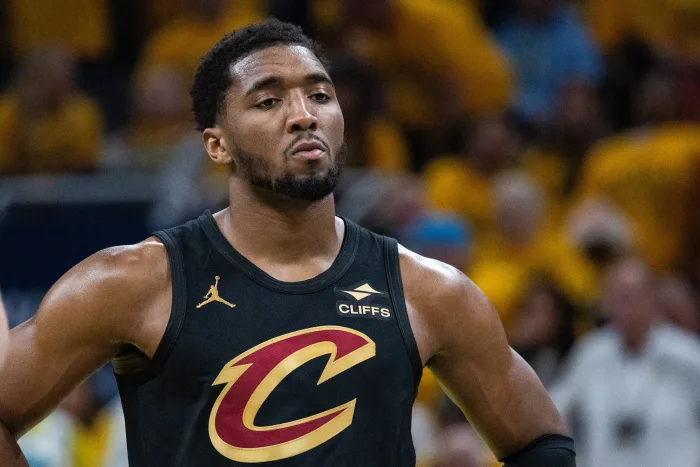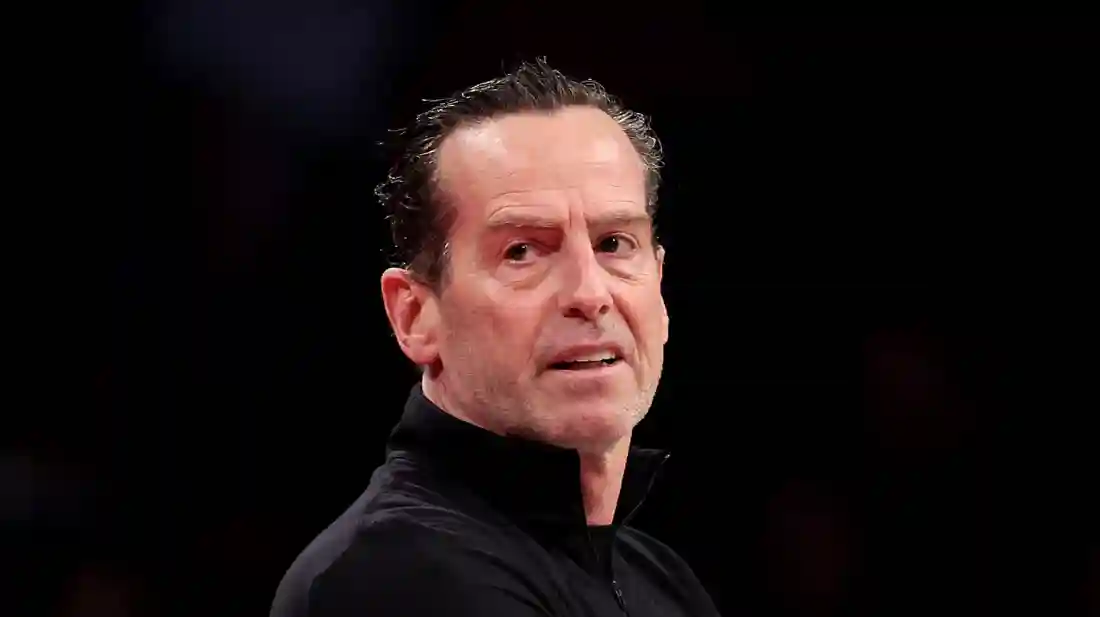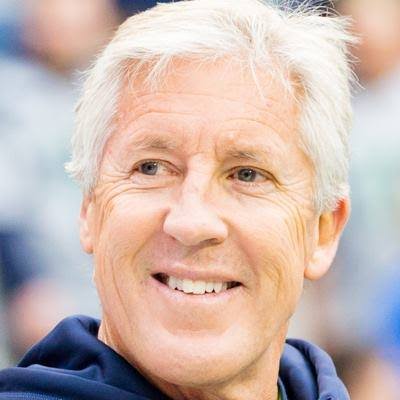The Cleveland Cavaliers made a definitive statement about their direction when they committed fully to Donovan Mitchell last season. In a move that underscored their belief in him as the franchise cornerstone, they fired head coach J.B. Bickerstaff—a change largely seen as being made to appease Mitchell and help secure his long-term commitment to the team.
To replace Bickerstaff, the Cavaliers brought in Kenny Atkinson, a coach known for his player development and structure, in hopes that his arrival would both suit Mitchell’s playing style and persuade him to remain in Cleveland. The strategy appeared to work as Mitchell eventually signed an extension, signaling his commitment to the team and validating the front office’s decision. By doing so, the organization sent a clear message: they were building around Mitchell with the belief that he could be the one to bring the team back to championship contention.
However, less than a year later, the optimism has dimmed considerably. The Cavaliers exited the playoffs in disappointing fashion once again, failing to advance past the second round. This early playoff elimination, coupled with the team’s bloated payroll, has left the front office with limited options. With little financial flexibility to bring in new, game-changing talent, Cleveland is now facing a crossroads. They can either hope that internal development propels the team into legitimate title contention or consider more drastic changes, such as retooling the roster or initiating a full rebuild.
Unless the current core takes a substantial leap forward, remaining competitive while chasing a title may no longer be realistic under the current structure. The Cavaliers are essentially boxed into a win-now window, and with little wiggle room, failing to progress might leave them with no choice but to start over.
Donovan Mitchell, for his part, continues to deliver on the court. He is one of the most consistently productive players in the playoffs statistically, ranking among the best postseason performers in NBA history. His scoring ability, leadership, and clutch play have rarely come into question. Despite that, his lack of team success in the playoffs is beginning to overshadow his individual brilliance.
As it stands, Mitchell has now been in the league for multiple years without ever making it to the conference finals. In fact, his career has followed a pattern of strong regular seasons followed by underwhelming playoff finishes. Although he has helped lead his teams to the playoffs every year of his career—a feat in itself—the second round remains his ceiling so far.
This pattern has placed him among a small, and often criticized, group of NBA stars. He is now one of the longest-tenured All-Stars never to make it to a conference finals series, which is a distinction no elite player wants to carry. Former NBA player and current analyst Kendrick Perkins recently highlighted this, stating bluntly, “A Donovan Mitchell-led team has never been to the conference finals.” While Perkins’ criticism may be harsh, it reflects a growing sentiment among fans and analysts alike.
This kind of scrutiny is not unique to Mitchell. In recent seasons, similar pressure has mounted around other elite players who have underperformed in the playoffs relative to expectations. Joel Embiid, the 2023 NBA MVP and perennial All-Star for the Philadelphia 76ers, has also faced relentless criticism for failing to lead his team to a conference finals appearance in his long and otherwise successful career. Now, Mitchell finds himself in the same spotlight, with fans and media alike questioning whether he can truly lead a team deep into the postseason.
Chris Paul, another elite point guard and future Hall of Famer, once bore similar criticism. Paul didn’t reach the conference finals until his 13th season, when he finally broke through with the Houston Rockets in 2018. Until that point, despite his undeniable talent and leadership, Paul was labeled a player who couldn’t get over the hump. Mitchell is now facing the same narrative, and unless he breaks through soon, the comparisons will only continue to grow.
It’s important to acknowledge that some of this criticism is unfair. Basketball is a team sport, and playoff success is often contingent on factors outside of a single player’s control—such as injuries, coaching decisions, or the strength of the competition. Mitchell has done his part on numerous occasions, carrying his teams with stellar offensive performances, often with little help. Still, the NBA is a results-driven league, and superstars are judged not just by their stats but by how far they can take their teams in the playoffs.
For the Cavaliers and Mitchell, the clock is ticking. With the current roster locked into expensive contracts and minimal cap flexibility, time is running out to make a meaningful leap forward. The front office is under pressure to deliver results, especially after restructuring the coaching staff and extending



